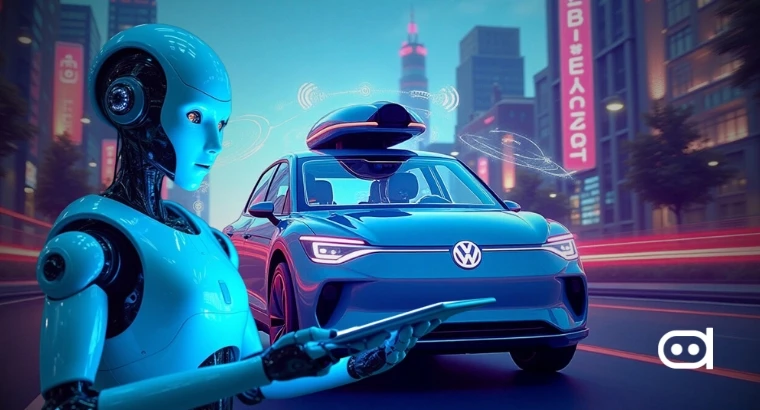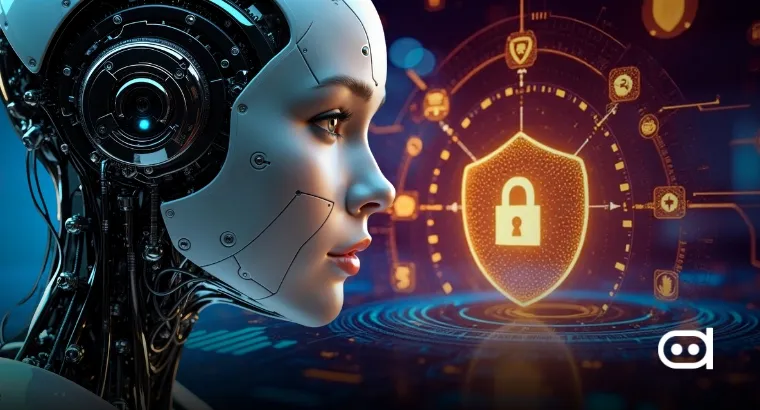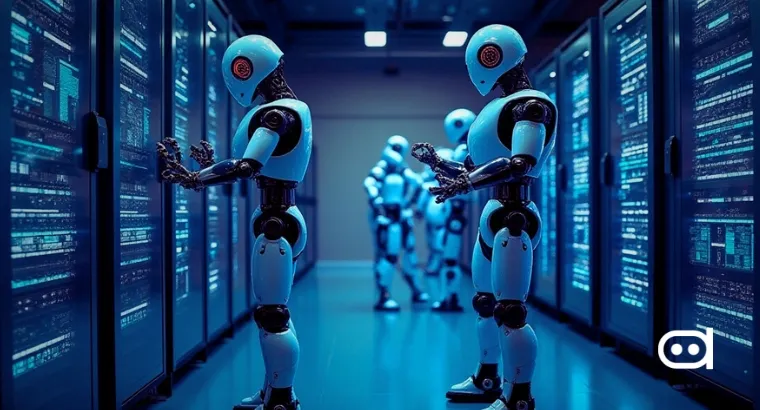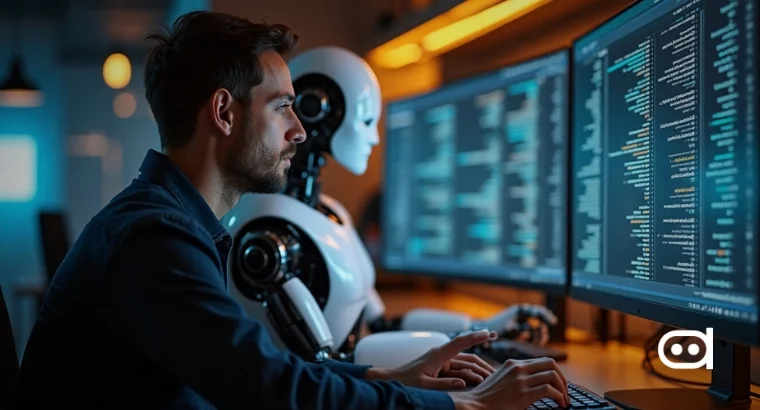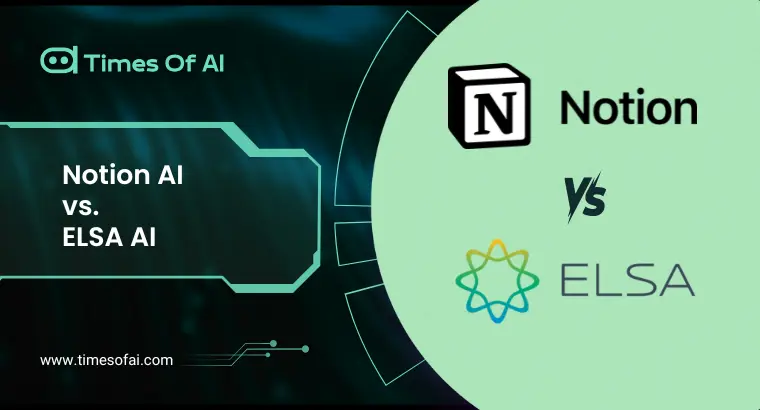
While artificial intelligence is shaping the future of industries, top AI executives use it in surprisingly simple ways. OpenAI CEO Sam Altman, for example, primarily relies on AI for everyday productivity rather than cutting-edge applications.
How OpenAI Execs Use AI?
“I use [AI] in the boring ways,” Altman shared on Adam Grant’s ReThinking podcast. “I use it for like, ‘Help me process all of this email’ or ‘Help me summarize this document.’”
Altman isn’t alone in this practical approach. Nvidia’s CEO, Jensen Huang, has integrated AI chatbots into his workflow for drafting written content, as he mentioned during a Wired event in December. Similarly, Microsoft CEO Satya Nadella has found AI useful for managing his inbox. Speaking at the Fast Company Innovation Festival 2024, he highlighted how AI features in Outlook assist with organizing and prioritizing emails.
These examples suggest that AI’s current role for many professionals, even those leading the industry, revolves around streamlining daily tasks rather than engaging in complex problem-solving. A Gallup survey conducted last year revealed that the most common applications of AI chatbots include generating ideas, consolidating information, and automating repetitive processes.
While AI is currently used for task optimization, Altman envisions a more advanced future. In a blog post published in January, he described AI “agents” as the next frontier—systems that can execute multi-step tasks with little user intervention.
OpenAI recently introduced a feature called Operator, an enhancement to ChatGPT that simplifies tasks like vacation planning, form-filling, reservations, and grocery shopping. Other major tech companies—including Google, Meta, Microsoft, Amazon, and Anthropic—are also working on similar AI-driven agents.
Altman believes AI agents will become highly capable, even approaching the skill level of an experienced software engineer. “Imagine that this agent will eventually be capable of doing most things a software engineer at a top company with a few years of experience could do,” he wrote. However, he also acknowledged their limitations, noting that they will require human oversight, struggle with certain tasks, and won’t be a primary source of groundbreaking innovation.
Workplace Adoption Still in Early Stages
Despite AI’s growing capabilities, workplace adoption remains relatively low. A January report from McKinsey & Company found that only 13% of U.S. employees actively use AI at work. However, as AI agents become more sophisticated, that percentage is expected to rise, potentially transforming how industries incorporate AI into daily operations.
Source: https://www.ndtv.com/feature/openai-ceo-sam-altman-reveals-how-he-uses-ai-in-his-daily-life-7703875
Latest Articles
Sam Altman Turns Down Elon Musk’s $97.4B Offer for OpenAI
OpenAI Plans GPT-4.5 and GPT-5 Launches, Advances AI Strategy

